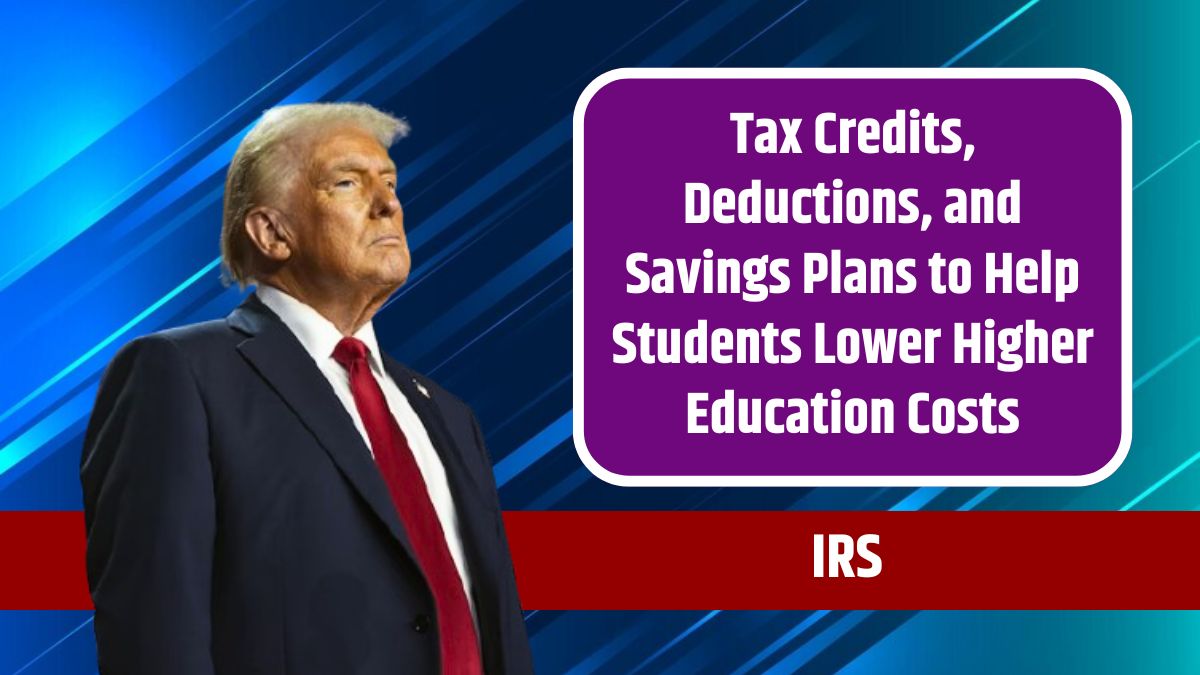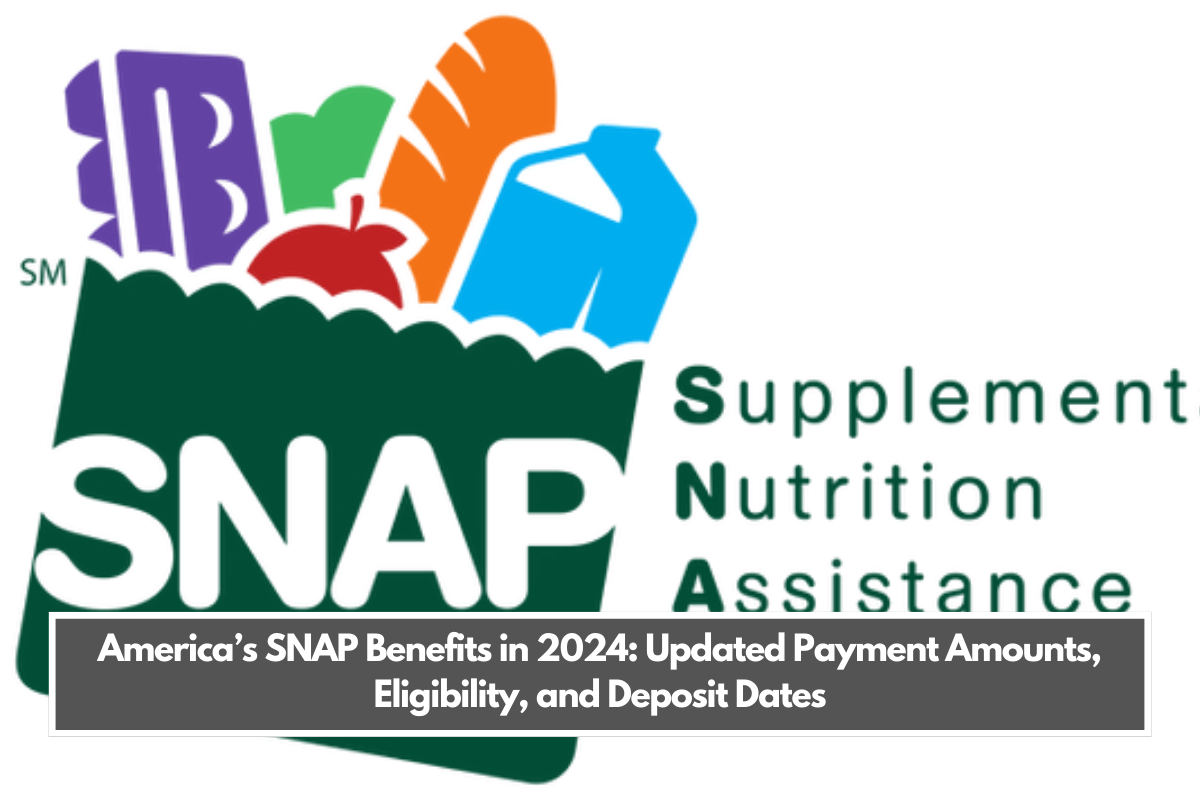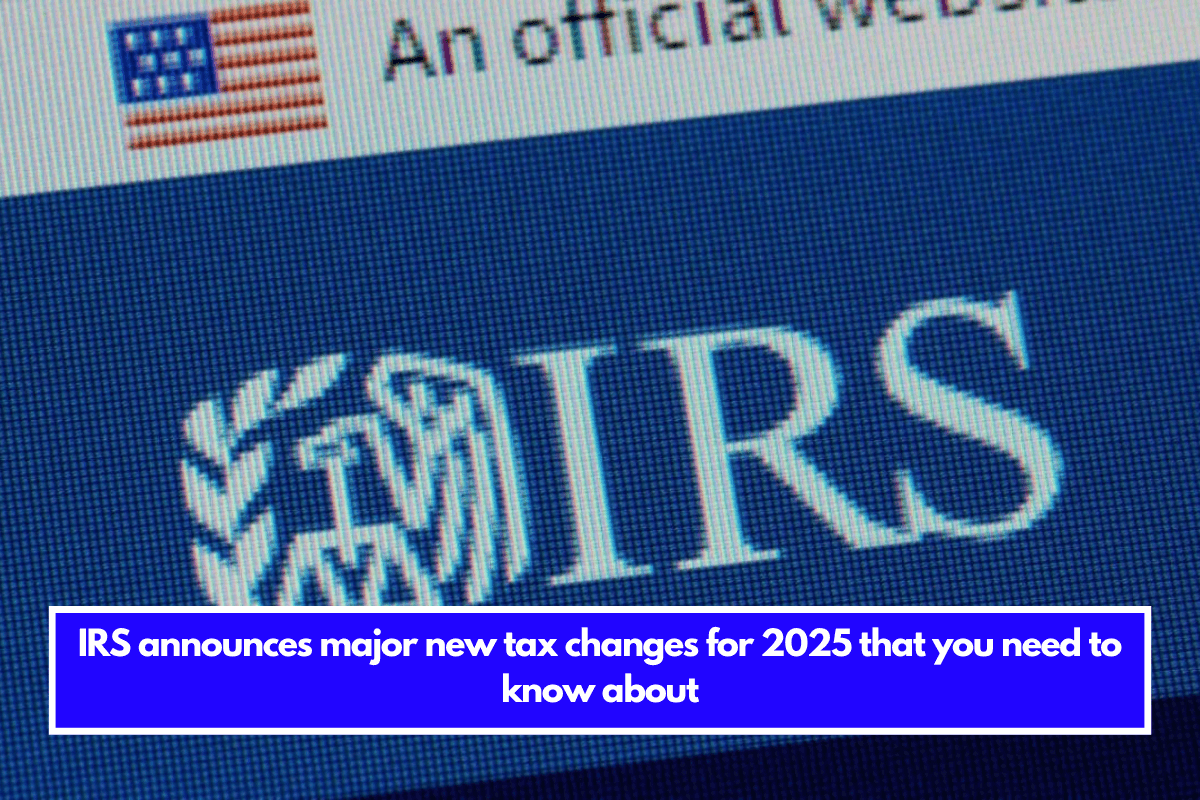Rising education costs, inflation, and soaring living expenses can make college life financially challenging. Fortunately, the IRS offers several tax benefits for college students and their parents, providing much-needed relief. By knowing available credits, deductions, and savings plans, you can reduce your tax burden and save for your educational expenses.
Eligibility
The IRS provides an Interactive Tax Assistant (ITA) tool that helps students and parents determine eligibility for various tax benefits. The ITA evaluates your situation to see if you qualify for:
- Lifetime Learning Credit (LLC): Ideal for students seeking career development or continued education.
- American Opportunity Tax Credit (AOTC): A tax credit specifically for students pursuing a degree or recognized education credential.
What If You Have an ITIN?
Students or dependents with an Individual Taxpayer Identification Number (ITIN) must meet additional requirements to qualify for these benefits. However, credits and deductions can still significantly reduce educational expenses and help you manage financial pressures.
Advantages of IRS Tax Benefits
- What It Does: Reduces the amount of income tax you owe.
- Benefits: Directly lowers your tax bill, offering substantial savings during tax season.
- Example: The AOTC can provide up to $2,500 per eligible student per year for qualified education expenses, including tuition, fees, and course materials.
2. Tax Deductions
- What It Does: Reduces the taxable income subject to IRS taxes.
- Benefits: Lowers the total amount of taxes you may owe.
- Example: The Student Loan Interest Deduction allows you to deduct up to $2,500 in interest paid on qualified student loans.
3. Savings Plans
- What It Does: Allows accumulated earnings to grow tax-free or tax-deferred.
- Benefits: Tax-free withdrawals when used for eligible education expenses.
- Example: 529 Plans and Coverdell Education Savings Accounts provide significant tax advantages for saving for college.
Key Tax Benefits
- Available for all years of higher education or courses to improve job skills.
- Covers up to $2,000 per tax return.
- No degree requirement.
American Opportunity Tax Credit (AOTC)
- Covers up to $2,500 per eligible student per year.
- Available for the first four years of post-secondary education.
- Refundable up to $1,000, meaning you can receive money back even if you don’t owe taxes.
Tuition and Fees Deduction
- Allows up to $4,000 in deductions for qualified education expenses.
- Helps reduce taxable income.
Student Loan Interest Deduction
- Deducts up to $2,500 annually in interest paid on student loans.
- Benefits anyone paying interest on qualified education loans, including parents.
529 Education Savings Plans
- Tax-free growth for funds used on eligible education expenses.
- Contributions are not deductible federally, but some states offer tax benefits.
How to Get Started
- Use the Interactive Tax Assistant (ITA): Visit the IRS website to determine eligibility for credits, deductions, or savings plans.
- Check Your Documents: Gather information about tuition, fees, course materials, and student loans.
- Explore Savings Plans: If you’re planning for future education costs, consider setting up a 529 plan or other tax-advantaged accounts.
- File Your Taxes: Ensure you claim all eligible education-related benefits on your tax return.
For detailed information, visit the IRS Tax Benefits for Education Information Center.
IRS tax benefits can provide significant financial relief for college students and their families. By taking advantage of these credits, deductions, and savings plans, you can reduce education-related financial stress and save more for your future. Don’t miss out on this opportunity—use the IRS tools and resources to maximize your benefits today.
FAQs
What is the AOTC?
The AOTC is a tax credit for eligible college expenses, offering up to $2,500.
How can I check my eligibility for tax benefits?
Use the IRS Interactive Tax Assistant (ITA) online.
What is the Lifetime Learning Credit?
The LLC offers up to $2,000 per return for job skill improvements.
Can I deduct student loan interest?
Yes, up to $2,500 annually for qualified loans.
What are 529 savings plans?
Tax-free accounts for saving on eligible education expenses.




















